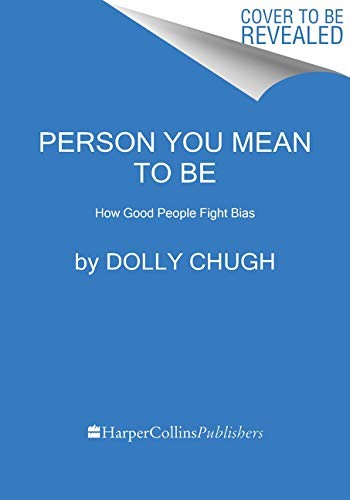Rick Klau reviewed Person You Mean to Be by Dolly Chugh
Review of 'Person You Mean to Be' on 'Goodreads'
5 stars
"I had hoped that [good people] would understand that law and order exist for the purpose of establishing justice and that when they fail in this purpose they become the dangerously structured dams that block the flow of social progress."
Martin Luther King wrote those words in his Letter From a Birmingham Jail in 1963. More than 50 years later, many of those same dams still exist - and even though many of us think of ourselves as good people, if we're honest, we're often much more focused on our own day-to-day challenges than we are on finding ways to encourage social progress.
Dolly's book attacks that challenge head-on, and provides a blueprint for how we can be more aware of challenges others face, more likely to engage those challenges, and more capable of using our privilege in ways that produce a more positive outcome. Throughout the book, I felt inspired to look for ways to make a positive impact in my own day-to-day interactions. Just as importantly, Dolly does a fantastic job highlighting common mistakes people make - often with the best intentions - that can frustrate progress.
I am certain that anyone reading this book will come away recognizing behaviors in themselves that they can improve on, that they will be inspired to pursue potentially uncomfortable conversations / experiences in the hopes of learning about those around them and their challenges. Throughout, the book blends anecdotes (see my disclosure below, btw) with years of research that will give even the most skeptical reader confidence that progress is not only possible, it's likely.
Dr. King didn't say "good people". He said "the white moderate". He was specifically calling attention to the vast majority of whites in the early 60s who were generically in favor of civil rights, but often specifically opposed to the methods and tactics chosen by those most affected by the lack of civil rights. For purposes of this quote (and given the focus of Dolly's book more broadly), it felt appropriate to swap out the generic 'good people' without altering the meaning of what he was saying.
Full disclosure: I'm one of the people Dolly profiles in her book. I'm recommending the book in spite of that, not because of that. :)

